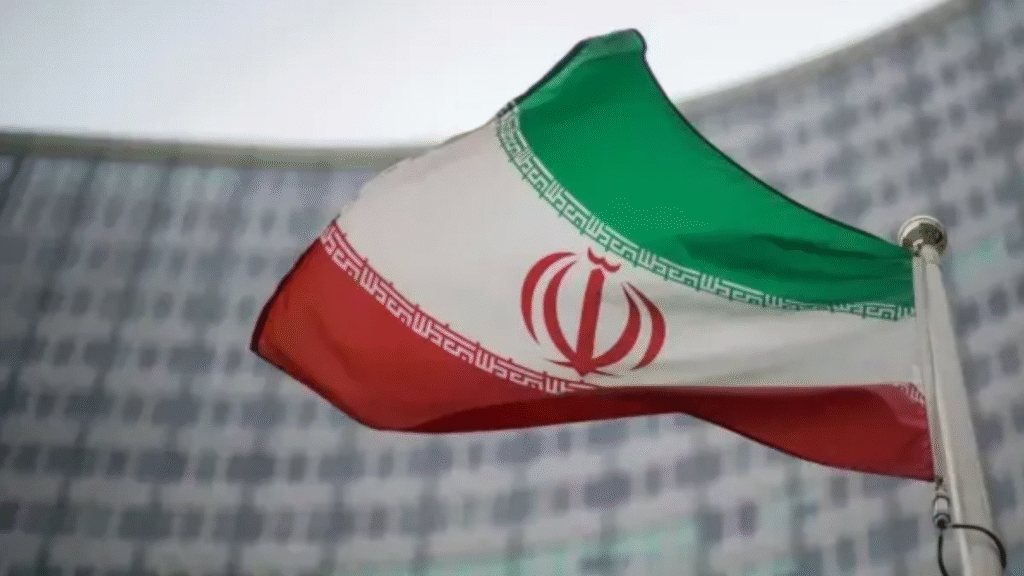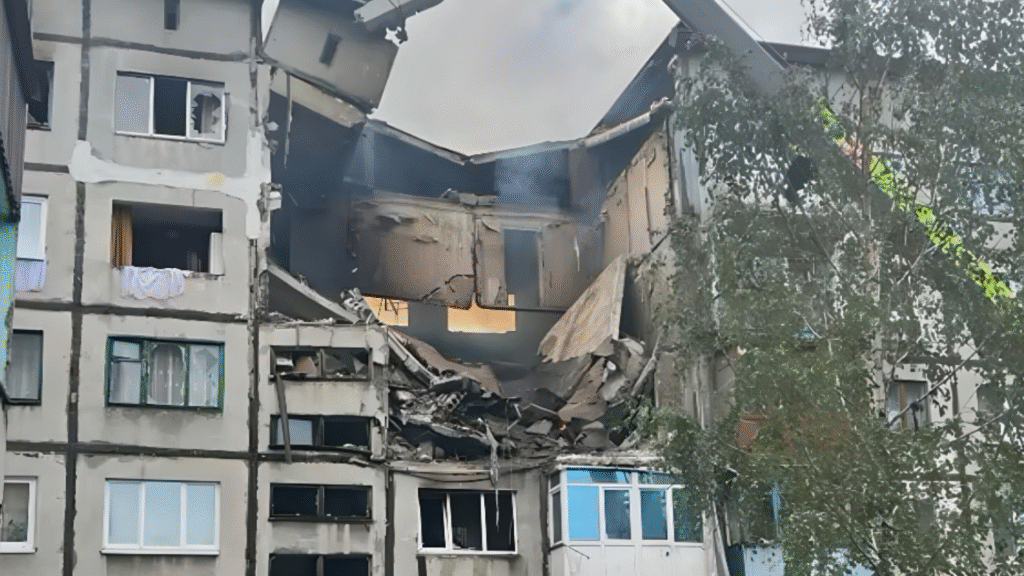A bombshell revelation from Iranian state media has reignited tensions across the Middle East, with claims that Tehran has obtained a trove of classified documents detailing Israel’s secretive nuclear program. According to sources in Iran, the alleged intelligence haul includes thousands of pages of sensitive information, with a particular focus on the Dimona nuclear facility, widely regarded as the cornerstone of Israel’s nuclear infrastructure.
The Iranian outlet Tasnim, closely linked to the country’s powerful Islamic Revolutionary Guard Corps (IRGC), reported that the operation hinged on two Israeli citizens, Roy Mizrahi and Almog Atias, who were arrested earlier this year on espionage charges. Iranian authorities allege the pair funneled critical data to Tehran, bypassing Israel’s formidable counterintelligence apparatus.
In Israel, however, the response has been one of skepticism and restraint. While officials have confirmed the arrests of Mizrahi and Atias, they have stopped short of validating Iran’s claims. Major Israeli news outlets have suggested the story may be an elaborate piece of psychological warfare, designed to sow doubt and project strength amid ongoing regional rivalries. Analysts argue Tehran could be leveraging the narrative to distract from its own domestic challenges or to gain leverage in broader geopolitical maneuverings.
Yet, dismissing the claims outright may be premature. The timing of the announcement coincides with a series of escalatory incidents, including heightened cyberattacks targeting both nations’ infrastructure and covert operations in Syria. Whether or not the documents are authentic, the mere suggestion of a breach at this level serves as a potent tool for shaping perceptions and amplifying distrust in an already volatile region.
The Lebanon-based outlet Al-Mayadeen described the alleged operation as a “humiliating blow” to Israel’s intelligence community, speculating that confirmation of the leak could mark one of the most significant failures of Israeli security in decades. The outlet’s framing underscores the broader stakes: a potential shift in the regional power dynamic, with implications that ripple far beyond the Middle East.
At its core, the story raises uncomfortable questions about intent and audience. Is this a genuine intelligence coup, or a calculated move in a high-stakes game of perception? The true target of this revelation may not be Israel alone but a global audience closely watching the delicate balance of power in one of the world’s most combustible regions. As the claims remain unverified, the uncertainty itself becomes a weapon, fueling speculation and unease in equal measure.



